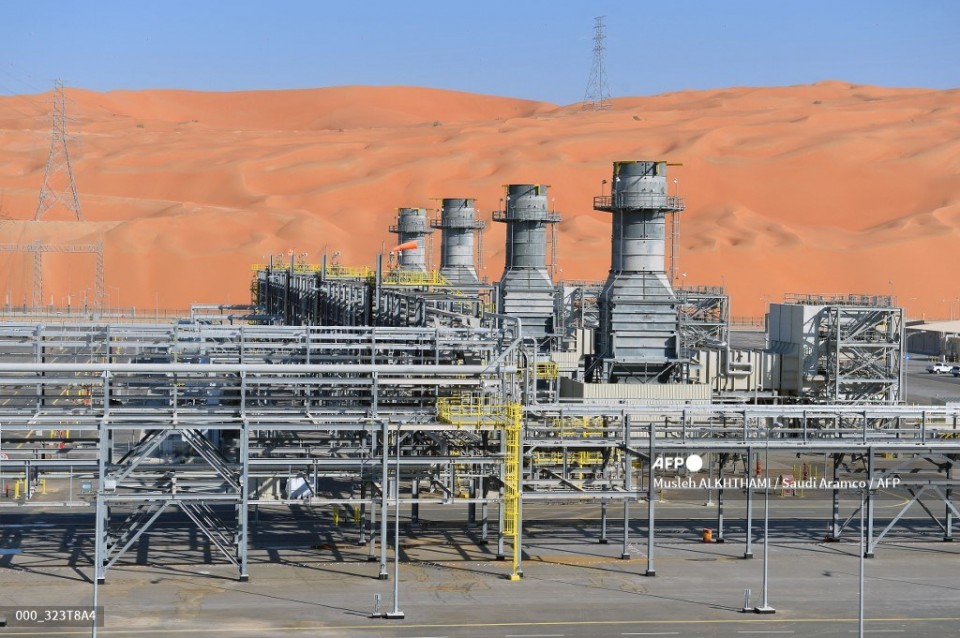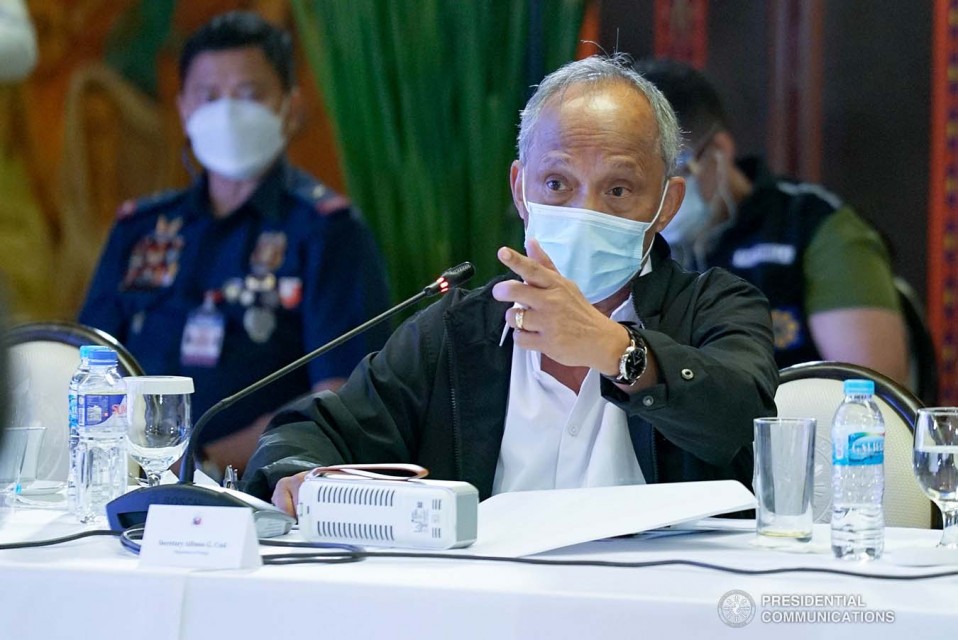Long-term and short-term measures identified to address crisis

(Eagle News) – The Philippines’ energy department admitted the country is “at the mercy of global price movements” and would be affected with the continuing Russia-Ukraine conflict.
Energy Secretary Alfonso Cusi said that while the Philippines primarily gets its crude oil requirements from the Middle East, the impact of the Ukraine crisis will be felt in the international oil markets and thus have a direct impact on oil prices in the country.
The DOE, in a release, said that it was inevitable that there would be domestic price spikes reflecting upward global market movements. On Thursday, March 3, oil prices neared $120 a barrel as the Ukraine conflict continued to roil energy markets.
Still, Cusi assured Filipinos of the sufficiency of the country’s oil supplies amid the continuing Russia-Ukraine tensions.
“We are not lacking in supply given that we source our crude oil requirements primarily from the Middle East, and finished products from Asia-Pacific,” Cusi said at a recent virtual Kapihan sa Manila Bay Forum
“However, the impact of the Ukraine crisis on international oil markets does have a direct effect on our prices,” he said.
Cusi said that “this is why we continue to appeal to everyone to observe energy efficiency and conservation measures during this critical period.”

The Russia-Ukraine situation, according to Secretary Cusi, further underscores the importance of attaining energy security and independence for a country like the Philippines.
“Our country, as an importer of petroleum products, is again at the mercy of global price movements. We must work towards decreasing our dependence on others for our energy needs,” he said.

-DOE lists long-term measures to address crisis-
On the long-term, the DOE is looking at the proposed amendment of the Oil Deregulation Law including price unbundling, inclusion of Minimum Inventory Requirements, and provision of intervention powers to the government during periods of price spikes and prolonged increases in the prices of oil products.
Another measure being looked into in the long-term is the suspension of the excise tax on fuel, and establishing the necessary Strategic Petroleum Reserve infrastructure
The DOE also wants to ensure Minimum Inventory Requirements for all oil companies and bulk suppliers operating in the country to ensure a continuous, adequate and stable supply of petroleum crude oil and products.
Another long-term measure is the strong campaign for energy efficiency and conservation.
-Short-term measures to address oil price hikes-
On the short term, here are the various measures being pursued by the DOE to address the impending oil price hikes:
• Constant coordination with oil companies for promotional programs that extend fuel discounts to the public transport sector;
• The implementation of the Land Transportation Franchising and Regulatory Board of the PhP 2.5 billion _“Pantawid Pasada Program”_ in the 2022 budget;
• The implementation of the Department of Agriculture of the PhP 500 million fuel discount program for farmers and fisherfolk; and
• Strict monitoring activities of the DOE to ensure petroleum products’ supply sufficiency, quality maintenance, as well as consumer welfare protection.
(Eagle News Service)








